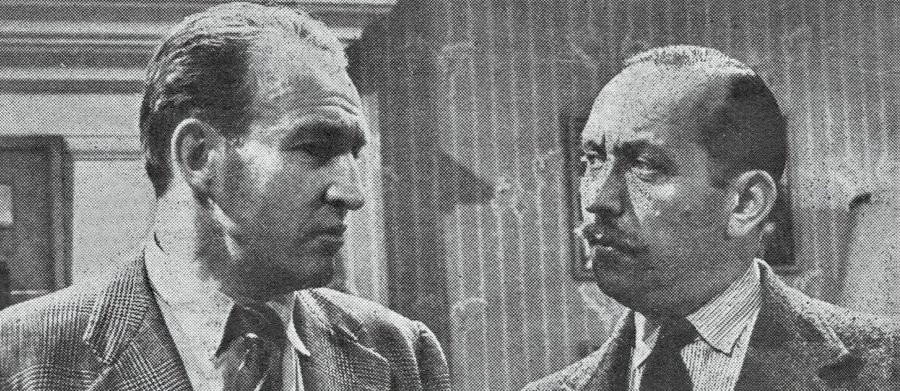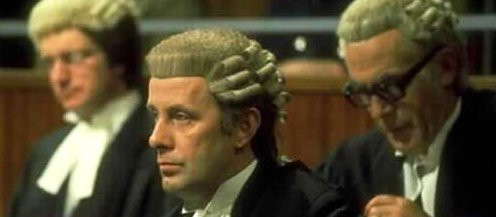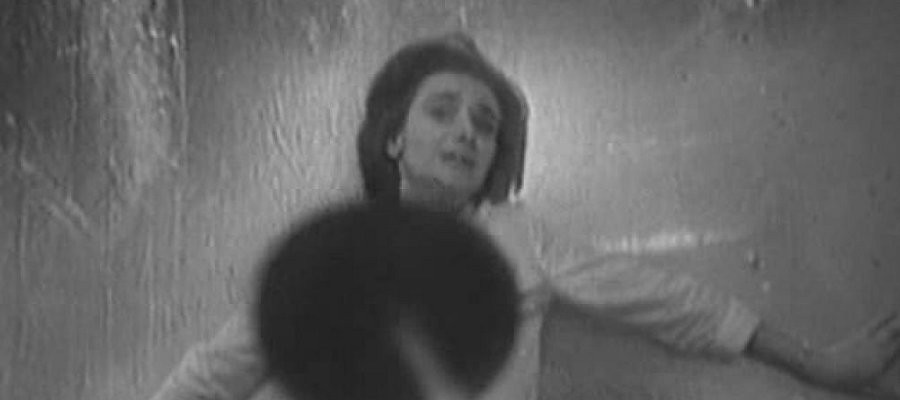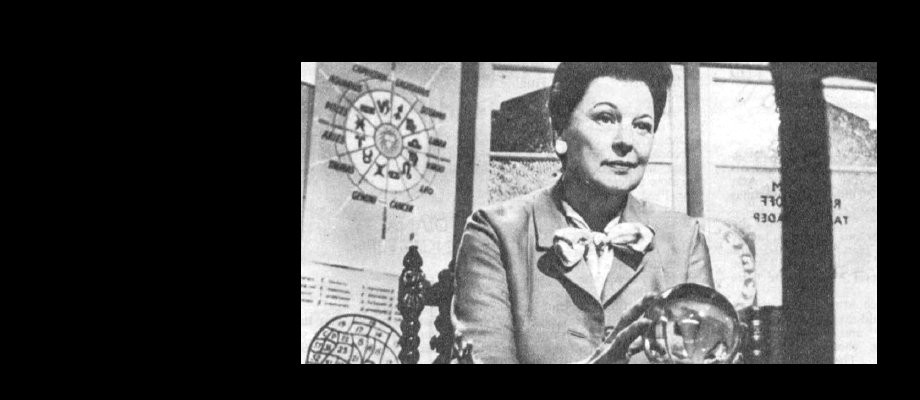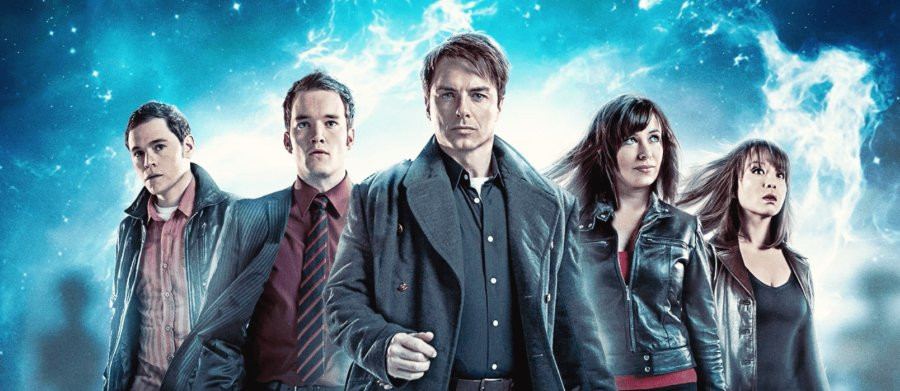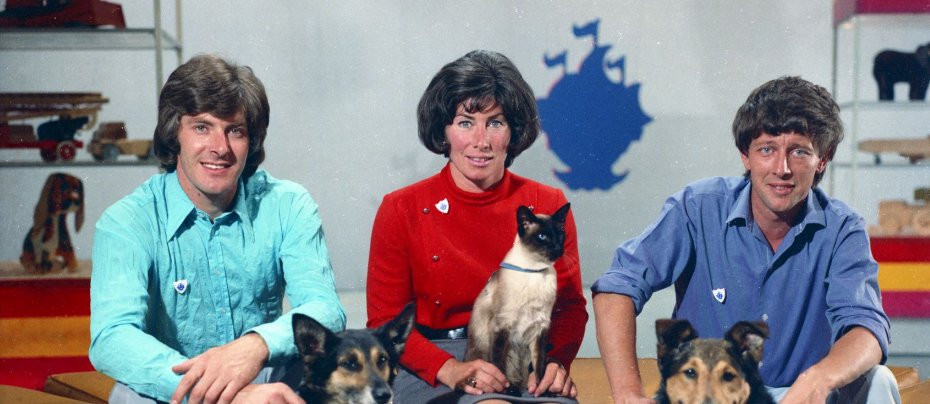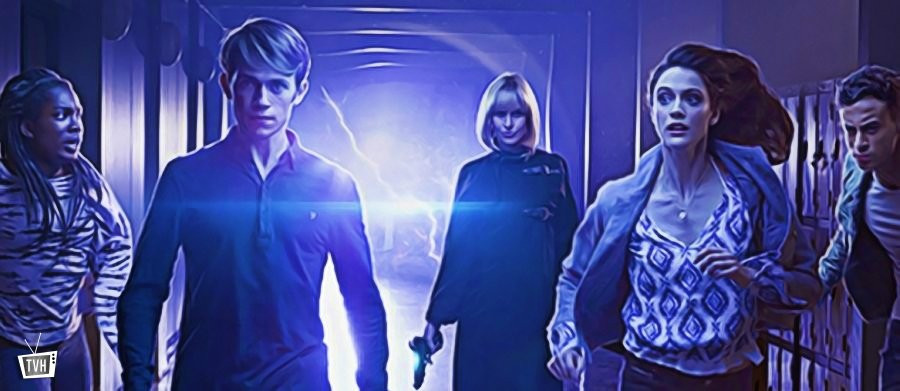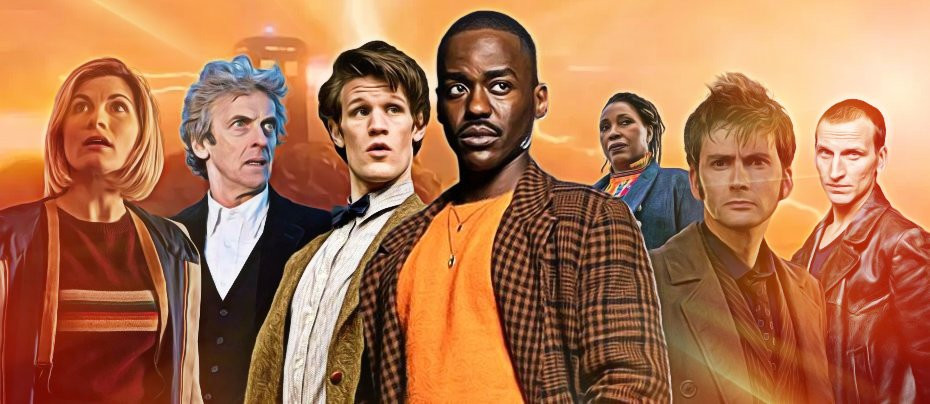The Celestial Toymaker
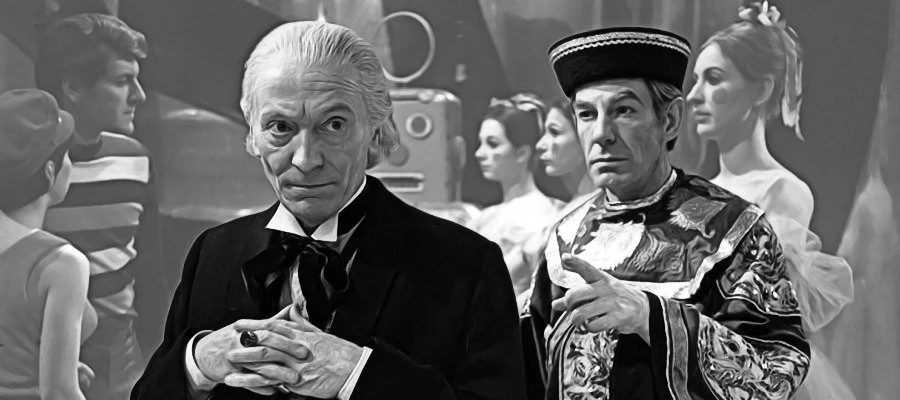
Classic Doctor Who didn’t engage with pure fantasy very often. While there were all manner of seemingly impossible events, they were generally waved away with an explanation that at least sounded scientific, even if it didn’t actually mean very much. The TARDIS, in spite of operating by no realistic mechanism, is always presented as a miracle of technology, not magic.
So The Celestial Toymaker, in Doctor Who’s experimental third season, stands out as a unique adventure. The TARDIS is infiltrated by an unknown force, that renders the Doctor invisible and intangible, but still able to speak. The Ship materialises in a mysterious realm ruled by a being referred to as the Toymaker, who wields absolute power in his domain. This world operates by the childlike logic of games, albeit games played by someone who absolutely hates to lose.
Behind the scenes, The Celestial Toymaker suffers from being made during the transitional period between production teams. John Wiles quit as producer during the development of the script, with Innes Lloyd taking over, while the script – the first by Brian Hayles, who would be back several times in the 1960s and ‘70s – was significantly rewritten by outgoing script editor Donal Tosh, and then rewritten again by new script editor Gerry Davis in an attempt to make it halfway affordable. This might explain why the serial is, frankly, not very good.
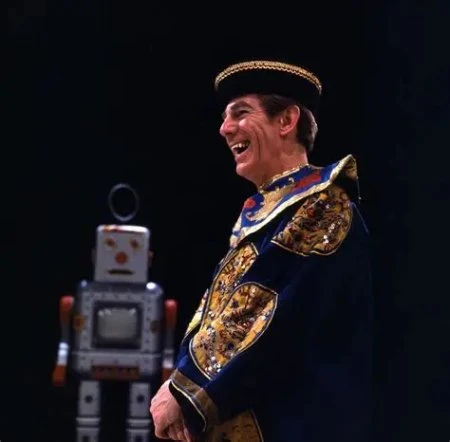
To be fair, as with so many stories of the era, it’s hard to judge it by what we have left. The first three episodes of this story are missing from the archives, leaving us with only the soundtrack with which to judge what is clearly a very visual production. However, from the evidence of the remaining episode, “The Final Test,” the production wasn’t especially visually inspiring. Being in black-and-white doesn’t help, of course; there are behind-the-scenes colour photos of the production, which show off a very colourful production complete with some impressive costuming. Judging from the murky grey show we have left, it doesn’t look like much of this made it to the screen.
There’s the potential for a wonderful fantasy story in here. The Toymaker is a virtually all-powerful being, who endures the boredom of his immortality by abducting people to his realm and forcing them to play his games. This could set the stage for a terrifying stand-off between the Doctor and a seemingly unstoppable foe. The Doctor is rendered virtually powerless, his companions must fight for survival in their own deadly games, all while the Toymaker watches and laughs. It's even a grudge match, as the Doctor and the Toymaker once battled before in an unseen adventure in the Doctor's mysterious past. The stage is set for a fabulous nightmare.
What we get, on the other hand, is four episodes of grown adults playing very dull versions of playground games.
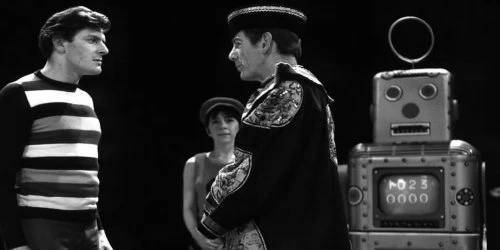
In fairness to them, the cast do all they can with what they're given. Michael Gough, a mainstay of British horror films and Batman movies' definitive Alfred, gives a coldly chilling performance as the Toymaker. In spite of being gussied up in the costume of a Chinese Mandarin, Gough's icily polite yet threatening Toymaker is easily the highlight of the serial. Peter Purves and Jackie Lane do what they can with the endless scenes of simplistic games, particularly Purves, who again gets the lion's share of material as the heroic Steven. It's hard not to feel sorry for Lane, though; Dodo is never written as the sharpest character, but she's spectacularly dim-witted here.
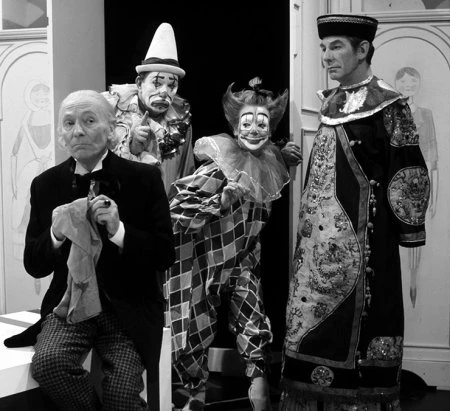
The guest cast for this serial is quite limited, likely a consequence of the severely lacking budget. Carmen Silvera (Compact, 'Allo, 'Allo) and Campbell Singer (The Newcomers) portray several of the Toymaker's playthings. Both do their best as the Queen and King of Hearts, a pair of clowns, and a duo of cook Mrs Wiggs and the bluff Sergeant Ruggs. While these characters are mere dolls that are animated to take part in the Toymaker's games, the inference is that these are past victims who are forced to inhabit the various roles. They don't have much to work with, in spite of the chilling concept. They were initially meant to play the title characters from George and Margaret, a 1930s play by Gerald Savory. The characters never actually appear in the play, Waiting for Godot-style. Savory, then the BBC's Head of Serials, thought having them actually show up on Doctor Who was an amusing idea, but once he'd read the scripts, he withdrew his permission, necessitating further rewrites.
They're joined by Peter Stephens (Mr Digby Darling) who likewise plays several characters, including an incredibly irritating turn as Cyril, a spoiled, fat schoolboy who does everything he can to get Steven and Dodo killed during the deadly games. While Cyril confirms he's the same person as the previously seen Knave of Hearts and the kitchen boy, this Billy Bunter knock-off is clearly his main role. Apologies: the BBC would like it known that Cyril is not based on Billy Bunter, he's just a bit like him. That, at least, was the official line put out by the Beeb when they received complaints from the estate of Frank Richards for unauthorised use of his character. No one believed it, and Stephens ad-libbing “Call me Billy” didn't help.
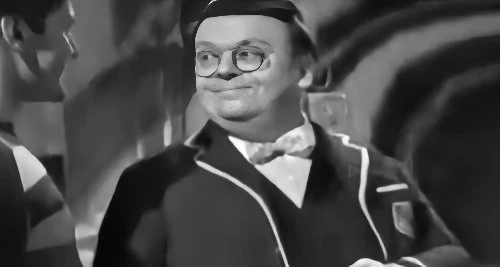
This wasn't the only ad lib that caused problems for the BBC. While the original script called for the King of Hearts to recite the old rhyme “Eeny, Meeny, Miney, Moe,” Campbell Singer decided to use the most offensive version possible, resulting in the one and only use of the “N-word” on Doctor Who. It seems this slipped past the programme-makers; even in 1966, this wasn't acceptable language for children's television, no matter how common it may have been among actual children. Naturally, this presented a problem when the serial was reconstructed for later release. The audio soundtrack release blots out the offending word with some carefully placed narration, while the recent animated version omits the section entirely.
While the blame for this can't be placed at the hands of the writers, that can't be said about the serial's other, more subtle use of racist language. After all, the name Celestial Toymaker was in Hayles's earliest scripts. While the obvious meaning is, of course, poetically relating to the sky, heavens and stars, in reference to the Toymaker's otherworldly nature. However, it's also a very old term for the Chinese that had, by then, become a slur, if a rather archaic one. Hayles might have been able to claim ignorance if he'd not written for the Toymaker to be an “occidental man” dressed in Chinese robes.
Producer John Wiles was by now thoroughly sick of working with William Hartnell, with whom he’d rapidly developed a very tense working relationship. With Hartnell’s health deteriorating, serious discussions were being had about replacing him. Hartnell took two weeks' holiday during the recording of the middle two episodes, and this was cannily worked into the script by essentially removing the Doctor from proceedings more and more as the story progressed. After making him invisible in the first episode, the Toymaker forces the Doctor to play a version of the Tower of Hanoi called the Trilogic Game, allowing the Doctor's right hand to remain the only material part of him. Hartnell pre-recorded dialogue for his meandering discussions with the Toymaker, but there's a point where this clearly runs out, so the Toymaker also renders the Doctor mute. Reducing the lead character do nothing but a hand playing a puzzle game does not generate gripping television.
One Albert Ward acted as Hartnell's hand double during these sequences, sporting the Doctor's signet ring. This was actually the second time he'd done so, having also performed hand duties in the final episode of The Romans. Whether he should be included in the ever growing list of actors who have played the Doctor is a matter of debate, but being Doctor Who's hand's understudy is certainly a unique acting niche.
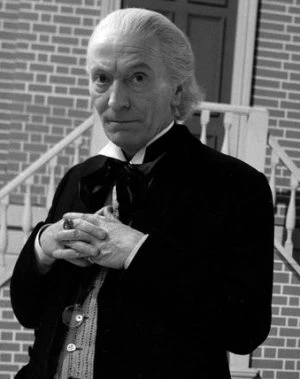
Wiles had even considered removing Hartnell from the programme entirely during this serial, which lay at the closing period of the actor's current contract. At one point, once the Doctor had been given his voice back and made visible again, he would have been played by a new actor. Quite why this didn't happen is contested; some say it was vetoed by BBC higher-ups, while other say Hartnell's contract had already been renewed in error. It's a good thing this didn't happen; while the Doctor's eventual transformation in the early episodes of the next season became a way to keep recasting and reinventing the series to this day, it would have been difficult to justify repeating this more contrived reason.
On the other hand, it would have added to the surreal nature of the serial, which is rather half-hearted in the repeatedly rewritten and budgetarily challenged production. A production like this needs to go all in, and sadly what we end up with is some very tedious messing about with very slow games. In 2024, the BBC remade the serial as a fully animated story using the original soundtrack. In full colour and with no constraints on what is affordable or physically possible, the animators were able to create a truly bizarre environment, with a gigantic Toymaker looming over baffling vistas. It certainly adds to the story, although the underlying dullness of the plot and dialogue is impossible to get away from.
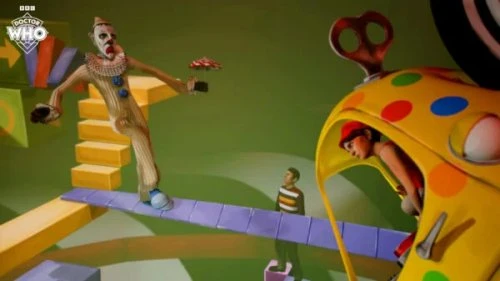
Somewhere in here there was a fantastic idea, in both senses of the word. Certainly, the concept of the Toymaker – ideally shed of his Celestial baggage – makes him a formidable foe for the Doctor, and it's understandable why fans have wanted him to return for a long time. An attempt to bring back Michael Gough as the villain was made in 1985, for what was to be the opening of the programme's twenty-third season. The Nightmare Fair would have opened the season and seen Colin Baker's Sixth Doctor face a vengeful Toymaker. However, Doctor Who was abruptly cancelled that year, and wouldn't return to the screens until after an eighteen-month hiatus, which led to the entire season being scrapped and a new Season 23 written in its place. The Nightmare Fair would eventually be made into an audioplay by Big Finish in 2009, with David Bailie playing the Toymaker in place of the by then retired Gough. The Toymaker would return several times to menace the Doctor on audio, usually played by Bailie, as well as appearing in comics and prose fiction. It wasn't until the programme's sixtieth anniversary in 2023 that he would finally appear again on screen, now played by Neil Patrick Harris in The Giggle, opposite David Tennant and Ncuti Gatwa as the Doctor.
Daniel Tessier – November 2025


